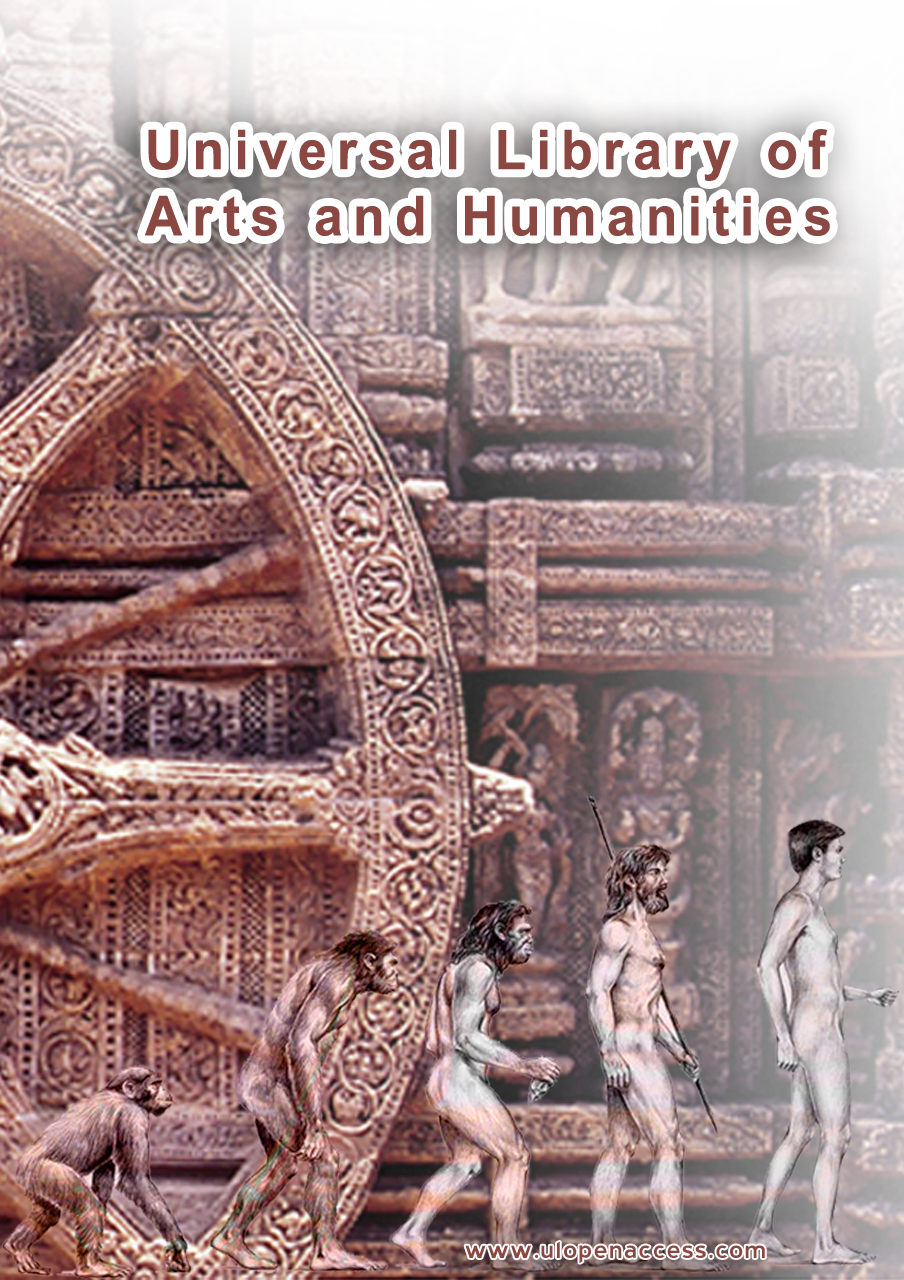Charm, Strategy, and Struggle: Madame Chiang’s Legacy in Modern Diplomatic AppealsMira Lu Citation: Mira Lu, "Charm, Strategy, and Struggle: Madame Chiang’s Legacy in Modern Diplomatic Appeals", Universal Library of Arts and Humanities, Volume 02, Issue 02. Copyright: This is an open access article distributed under the Creative Commons Attribution License, which permits unrestricted use, distribution, and reproduction in any medium, provided the original work is properly cited. AbstractThis paper examines Soong Mei-ling’s (Madame Chiang Kai-shek’s) 1943 diplomatic tour of the United States as a case study in wartime diplomacy and its parallels to contemporary international relations. Despite her captivating public presence, cultural fluency, and rhetorical skill that temporarily won American hearts, Madame Chiang’s mission ultimately failed to secure long-term military support for China against Japanese aggression during World War II. This failure resulted from the United States’ strategic “Europe First” policy that prioritized the defeat of Nazi Germany, growing skepticism about corruption within the Chinese Nationalist government, and concerns about Madame Chiang’s personal authenticity. While her speeches to Congress and public appearances generated significant goodwill and short-term aid, they could not override entrenched geopolitical priorities. This historical episode offers valuable insights for understanding modern diplomatic appeals for military assistance, particularly Ukraine’s recent efforts to sustain Western support against Russian aggression. The paper concludes that, despite the limitations of her mission, Madame Chiang’s diplomatic approach established an enduring template for wartime appeals—one that continues to influence international relations today. Keywords: Soong Mei-ling; Madame Chiang Kai-shek; World War II Diplomacy; Sino-American Relations; “Europe First” policy; Second Sino-Japanese War; international Aid; Public Diplomacy; Allied Powers; Wartime Alliances; Pacific Theater; Chiang Kai-Shek; Franklin D. Roosevelt; Eleanor Roosevelt; Chinese Nationalist Government; Lend-Lease Act; Volodymyr Zelenskyy. Download |
|---|

